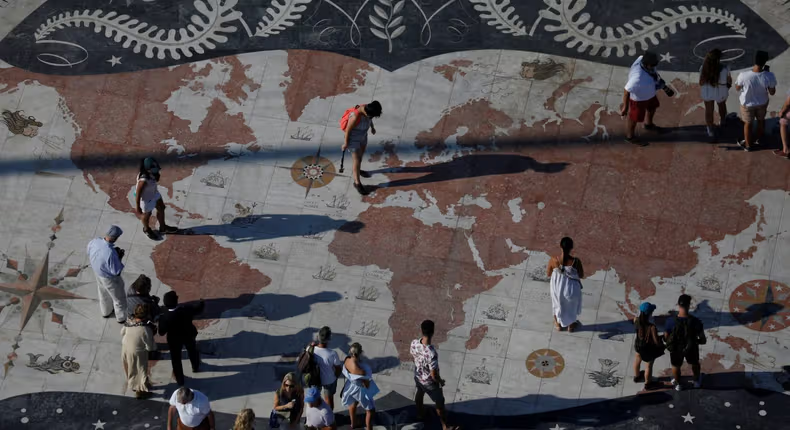African Union pushes for new world map that reflects the continent’s true size

The African Union (AU) has thrown its support behind a campaign to replace the 16th-century Mercator world map with one that more accurately reflects Africa’s true size.
Originally developed by Flemish cartographer Gerardus Mercator for maritime navigation, the projection distorts land masses, magnifying regions near the poles, such as North America and Greenland, while shrinking Africa and South America, Reuters reported.
AU Commission deputy chairperson Selma Malika Haddadi says that while it may appear to be just a map, the Mercator projection perpetuates the false impression that Africa is marginal.
In reality, Africa is the world’s second-largest continent, home to 54 nations and over a billion people. She said such distortions influence education, media narratives, and policymaking.
Correct the Map campaign gains momentum
While criticism of the Mercator projection is decades old, the debate has been reignited by the Correct The Map campaign, spearheaded by advocacy groups Africa No Filter and Speak Up Africa.
The movement urges governments, global institutions, and educators to adopt the 2018 Equal Earth projection, designed to portray the relative sizes of countries and continents more accurately.
“The current size of Africa on the map is wrong. It’s the world’s longest-running misinformation and disinformation campaign, and it must stop,” said Moky Makura, executive director of Africa No Filter.
Haddadi said the AU’s endorsement aligns with its broader goal of “reclaiming Africa’s rightful place on the global stage,” as momentum builds for colonial and slavery reparations. The AU plans to push for broader adoption of the Equal Earth map and coordinate action among member states.
The Mercator projection remains widely used, including in education and technology. While Google Maps replaced Mercator with a 3D globe view on desktop in 2018, it remains the default on mobile.
The Correct The Map campaign is urging major organisations such as the World Bank and the United Nations to make the switch.






